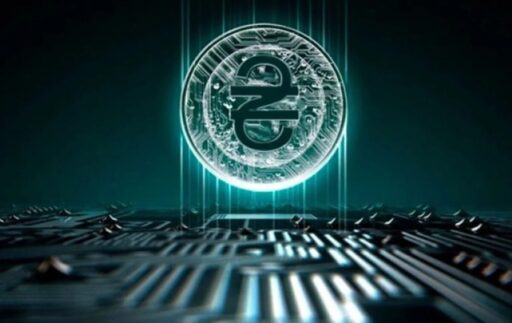
Draft Law No. 9363: Enforcement Automation or Risk to Rights?
Over 6 million enforcement proceedings have accumulated in Ukraine.
Many of them remain unresolved for years. Creditors never receive their funds, and debtors bear no consequences.
Against this backdrop, the Verkhovna Rada is reviewing Draft Law No. 9363, which proposes a sweeping digital transformation of enforcement procedures.
On paper — a step toward efficiency.
In reality — a shift in logic: from slow, paper-based actions to automated, digital enforcement.
But does it protect citizens’ rights — or are we building a system with no safeguards?
We break it down with facts — no opinions.
What does Draft Law No. 9363 propose?
The bill introduces major amendments to the Law on Enforcement Proceedings and several related acts.
1. Automatic seizure of funds and assets
Enforcement officers will be able to automatically seize a debtor’s funds in banks via electronic communication systems.
The seizure will be lifted automatically once the debt is fully paid.
Mandatory data exchange with all banks will eliminate manual requests.
What does this mean?
Financial institutions will act based on digital requests from enforcement officers — without separate decisions.
A debtor may only learn of the seizure after it has already happened.
2. Unified Debtors’ Registry: full synchronization with other systems
Once a person is added to the registry, no real estate, vehicle, or business registration actions can be performed.
The system will be integrated with notaries, the Ministry of Internal Affairs, and the property rights database.
What does this mean?
Even a minor debt (e.g. child support or a fine) can block access to property rights — no ability to sell, transfer, or re-register.
3. New rules for deposits
If a debtor has a term deposit, enforcement officers can collect funds from it after the deposit contract expires.
The same applies to foreign currency accounts.
What does this mean?
Deposits will no longer be “untouchable” — even long-term or pre-existing ones can be seized.
4. Elimination of voluntary property sale by debtors
Previously, debtors could sell seized assets themselves — for example, finding a buyer for an apartment and settling with the creditor.
Draft Law No. 9363 eliminates this option.
What does this mean?
All property must be sold via electronic auction systems only.
This limits flexibility but reduces the risk of fraudulent deals.
How are courts and lawyers reacting?
Among legal professionals, Draft Law No. 9363 has sparked mixed reactions.
Recognized advantages:
• Greater efficiency in recovering long-standing debts
• Data unification reduces bureaucracy and delays
• Better protection for creditors who’ve waited for years
Criticism and concerns:
• Risk of abuse — automatic seizures without court oversight
• Imbalance — debtors may not be able to react quickly to defend their rights
• Lack of proper notice — enforcement officers are not required to inform debtors before actions are taken (seizures, blocks), creating legal traps
Revelant
Comments from professional associations
Ukrainian National Bar Association (UNBA):
“Automating enforcement is a natural evolution — but it must be balanced by judicial oversight.
Otherwise, we risk digital repression.”
Association of Private Enforcement Officers of Ukraine (APEOU):
“Draft Law No. 9363 is a tool for those who have waited years for court decisions to be enforced.
But it needs refinement — especially regarding seizure lifting procedures and debtor protections.”
Current status
As of May 2025, Draft Law No. 9363:
- Passed the first reading in the Verkhovna Rada
- Was sent for a second reading with revisions
- Sparked intense debate among legal, banking, and business communities
Automation is not a cure-all — it’s a tool
Draft Law No. 9363 is one of the most technically complex and politically sensitive justice reforms in recent years.
Its aim is to make enforcement proceedings faster, more effective, and fully digital.
But any automation must be paired with safeguards for legal protection.
A system where a single click triggers a seizure must also provide a single click for appeal, explanation, and defense.
Without that — it’s no longer reform.
It’s a systemic risk.















